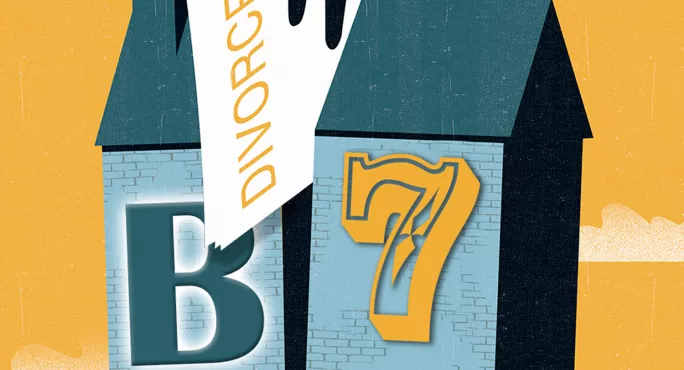Literacy and numeracy go together like love and marriage. But as is the case for many couples, it’s often not an equal relationship - a simple search on Google for literacy and numeracy brings up nine times more results for the former than the latter.
We are well versed in the disadvantages people face by not being able to read, but the costs of poor numeracy skills are equally stark. Leaving aside basic problems in day-to-day life, the 150,000 children who leave school without a GCSE pass in maths face not only lower wages but also reduced employment prospects and multiple other poor outcomes. These are only exacerbated for those, often among the poorest in society, who retake - and fail - a number of times.
For the country, the costs are huge, too: research from Pro Bono Economics estimates that poor adult numeracy cost the economy £20.2 billion each year. Our ability to compete successfully in a global market - where the UK is only one of a handful of developed countries in which children are not expected learn mathematics past the age of 16 - is also much reduced.
In the international Pisa tables, England’s average mathematics score has remained stable over the past decade, but the same cannot be said for that of other countries and a fair number have caught up with us.
The poor mathematics skills of our low-achieving pupils particularly stand out. Their numeracy skills are significantly below those of the lowest achievers in other countries.
Distribution of achievement among 15-year-olds is especially unequal, with the gap between the highest and lowest achieving pupils being above the Organisation for Economic Cooperation and Development average and equivalent to more than eight years of schooling.
With all that dismal evidence staring us in the face, it is unsurprising that ministers have taken notice.
First credit goes to Michael Gove as education secretary in 2011 and then to George Osborne who, as chancellor of the exchequer in 2016, asked Sir Adrian Smith to report on the feasibility of teaching maths up to the age of 18. The Conservatives have put much money and effort into promoting East Asian maths mastery, especially schools minister Nick Gibb, who has thrown his full weight behind the concept.
Their manifesto also includes an ambitious network of specialist maths schools - one for every city in England.
But while these shiny new initiatives sound impressive, they are being built on some very shaky foundations. Beneath the glitter, there are signs of a looming crisis due to a combination of teacher shortages, funding cuts and endless changes to exams.
Recruitment of maths teachers is now at its lowest rate for eight years and there are warnings that the proposed specialist schools will only cause further problems for others by sucking out their teachers and thus impacting on standards. And instead of strengthening the subject, experts believe government changes are making it more “fragile” than ever, with this year’s exam reforms deterring rather than encouraging pupils into further study.
It’s an issue that Lord Lucas drew attention to at a recent conference on the future of maths provision post-16. “There’s a big difference between maths education and education for mathematicians,” he stated. “You only need to educate a few mathematicians but all of us need a maths education.”
Ministers are correct: maths skills are as vital as English skills. Numeracy and literacy, like love and marriage, go together like a horse and carriage. However, we don’t put marriage before love or the cart before the horse. Let’s forget the frills and get the basics right.




